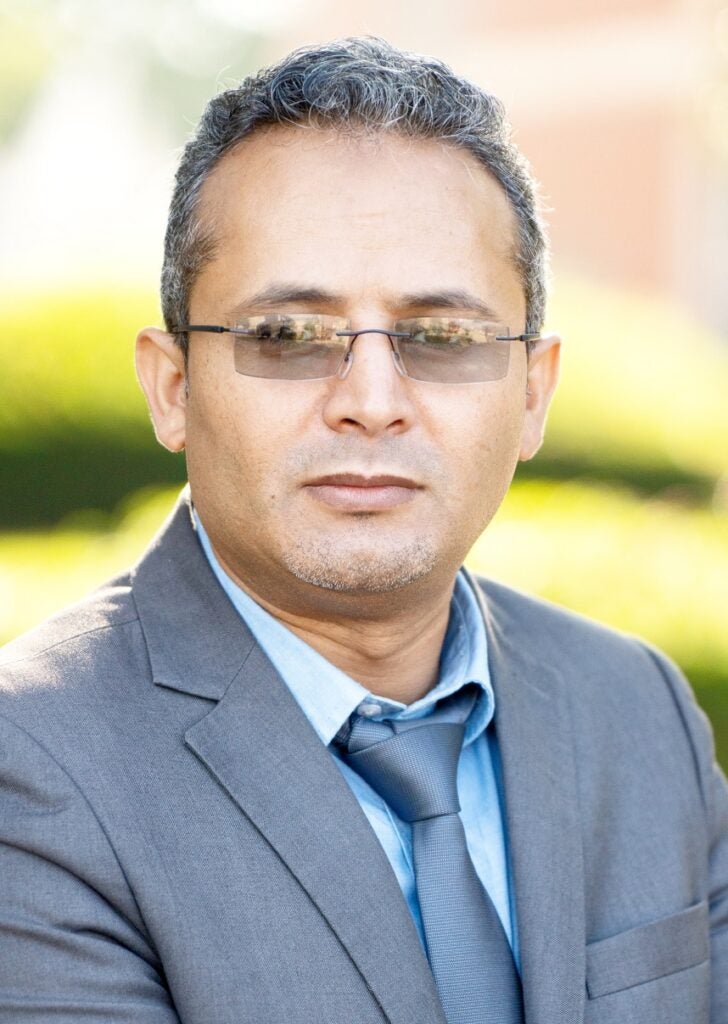
Biography
Yousef Fazea is an Assistant Professor in the Department of Computer Sciences and Electrical Engineering at Marshall University, Huntington, West Virginia, USA. He earned his Ph.D. in Computer Science from Universiti Utara Malaysia in 2017. He serves as an editor for numerous esteemed journals and special issues, including a book in Springer Lecture Notes on Data Engineering and Communications Technologies, the International Journal of Reconfigurable and Embedded Systems, Processes, Quantum Report, Information, Southeast Europe Journal of Soft Computing, Emerging Technologies, and Electronic Integrated Computer Algorithm Journal. With a prolific academic career, Dr. Fazea has published over 60+ peer-reviewed scientific papers indexed in ISI and Scopus databases, authored two books, was editor of a Springer book, contributed five book chapters, and holds a patent. His research excellence has been recognized with best paper awards (IEEE ISCAIE-2017, IEEE ICCIS-2020, Springer IRICT-2023), the John Marshall Research Award 2024, and the Summer Research Award (2022, 2023). He also mentored students for the Summer Undergraduate Research Experience Award 2023, secured a bronze medal at I-RIA-2019, and was 2nd runner-up in the 3MT-2016 competition.
Dr. Fazea is an IEEE Senior Member and has been actively involved in the IEEE Communications Society since 2018 and a member of ISOC since 2014. He is also a member of the Internet Society (ISOC) since 2014 and a member of ISOC New York and Washington, D.C., chapters. He serves as a reviewer for leading journals in Computer Science and Information Technology, including the IEEE Internet of Things Journal, IEEE Internet of Things Magazine, IEEE Access Journal, OSA Optics Express, Elsevier Microelectronics Journal, Elsevier Microwave and Optical Technology Letters, Elsevier International Journal of Electronics and Communications, and Fiber and Integrated Optics—Taylor and Francis. Dr. Fazea’s research interests include optical and wireless communications, channel modeling and network security, next-generation computing, and enabling and emerging technologies.
